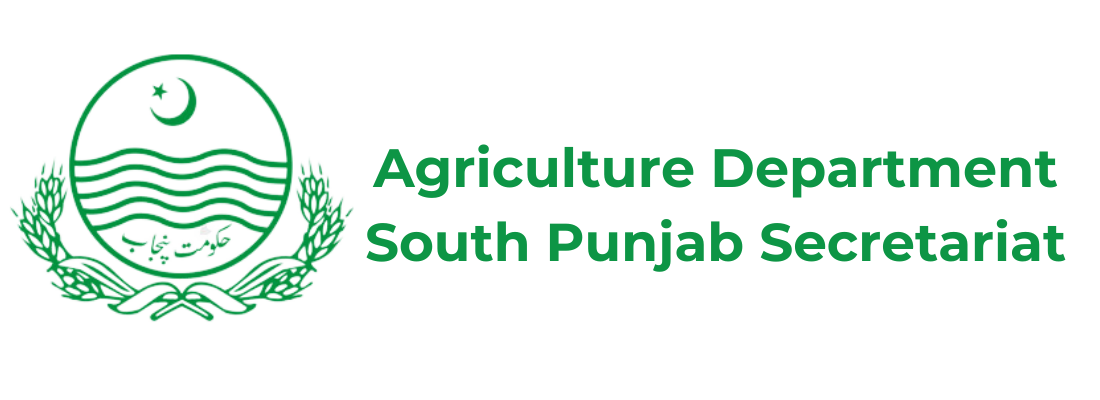Skip to content
The main functions of the Agriculture Department are as follows:
- Agricultural education, training, and research, including institutions like the Agricultural University in Faisalabad and Pir Mehr Ali Shah University of Arid Agriculture in Rawalpindi. This also involves pre-service and in-service training conducted at Agriculture Training Institutes.
- Adaptive research and the operation of research farms.
- Enhancement of agricultural and water management techniques.
- Measures for safeguarding against insects and pests, the prevention of plant diseases, and ensuring the quality control of pesticides.
- Initiatives focused on soil fertility and soil conservation.
- Advancements in mechanization, land reclamation, utilization of agricultural machinery (including plowing), and the installation of tube wells, along with agricultural engineering research (related to machinery and implements). This extends to the functions of the Water Management Training and Research Institute in Lahore.
- The dissemination of agricultural information and publications, as well as training in this domain.
- Collection and analysis of agricultural statistics.
- The formulation and review of agricultural production strategies in collaboration with district agriculture extension services.
- Arboricultural activities,
- Supervision of agricultural inputs such as fertilizers, pesticides, and irrigation through field extension personnel,
- Promotion of modern agricultural technologies and other extension initiatives through methods such as demonstrations, farmer gatherings, print and electronic media campaigns, and more,
- Training and research related to Floriculture Seed Farms and Green Belts,
- Management of market information and intelligence systems, as well as matters that are common to all Market Committees,
- Provision of agricultural loans and subsidies,
- Operations, planning, research, and coordination in the field of water management,
- Production, propagation, and marketing of certified seeds through the Punjab Seed Corporation,
- Coordination and enhancement of research efforts across the Agriculture, Livestock, Irrigation, Water Management, Forest, and Fisheries sectors, under the purview of the Punjab Agricultural Research Board,
- Economic planning and policy formulation concerning agriculture within the province.
- Plant Protection:
- Standardization of local and imported pesticides
- Plant quarantine
- Conducting economic studies to shape agricultural policies,
- Conducting farm management research to plan, formulate, and evaluate projects within the province,
- Implementing grading standards for agricultural commodities other than food grains, primarily for export purposes,
- Conducting agricultural commodity research, which encompasses marketing research and laboratory research aimed at establishing district, regional, and provincial grades,
- Conducting soil surveys and creating comprehensive inventories of the province’s soil resources to ensure their optimal utilization,
- Establishing standards for fertilizers to meet the specific requirements of the province.
- Under-development areas:
- Identification of under-development areas
- Identification of the fields in which an area is under-developed
- Measures necessary to remove the causes of under-development in different areas
- Conducting socio-economic studies to formulate agricultural research policies,
- Engaging in research to introduce improved germplasm in the realm of agriculture,
- Collecting statistics pertaining to agricultural research efforts,
- Providing high-level training for agricultural research and on-farm management personnel,
- Overseeing pest scouting, conducting pest surveys, issuing pest warnings, ensuring the quality control of pesticides, conducting research on plant protection, and offering training to pesticide dealers, farmers, and extension workers in the field of plant protection,
- Managing budgetary, accounting, and audit-related matters,
- Procuring supplies and capital goods for the department,
- Handling service-related matters, except those assigned to the Services and General Administration Department,
- Administering agricultural laws and rules,
- Addressing matters that are incidental and ancillary to the aforementioned subjects.
